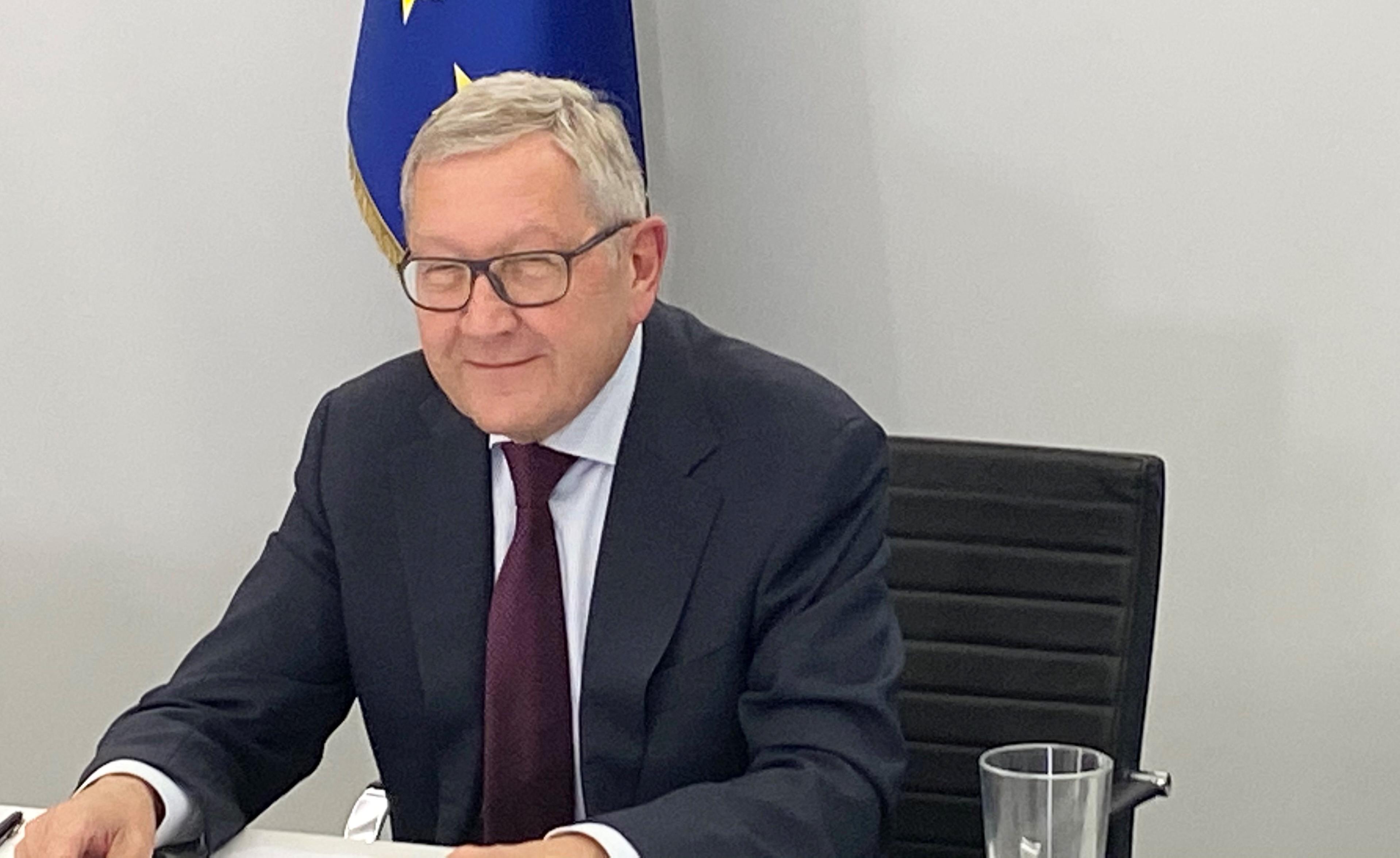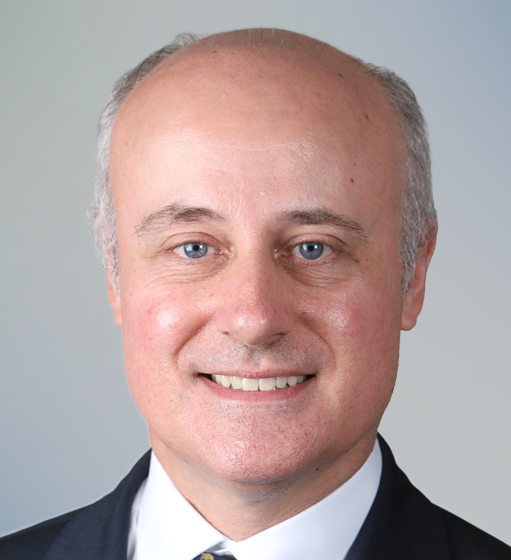Klaus Regling at Eurogroup video press conference
Press conferences
ESM

Transcript of responses to journalists’ questions by ESM Managing Director Klaus Regling
Video press conference after Eurogoup meeting
5 October 2020
Video press conference after Eurogoup meeting
5 October 2020
[Klaus Regling’s opening statement could not be broadcasted during the press conference due to technical problems.]
Response to question on whether there is any particular reform that Greece should prioritise until November
Coming back to the seventh enhanced surveillance report for Greece, although there was no decision required today to disburse any money, it was still an important report to take stock of where we stand in this very difficult year. And in the report there is a lot of praise for the reforms the Greek government has implemented. But there are also clearly identified areas where there has been slippage, where there have been delays.
One example is the continued accumulation of arrears, for instance, particularly pension arrears, which is worrying because it has a social impact, but also a lack of demand aspect. We will return to this issue soon. Also, as Commissioner Gentiloni said, the Greek economy needs a lot of investment because in the last few years, there has been significant capital depletion in Greece and there is a need to rebuild the capital stock. And so far at the moment, still the investment ratio in Greece is very well below the euro area average.
So therefore, I think it's clear where the focus has to be in the future. And the Recovery and Resilience Facility is the perfect opportunity to make up for what was lost in the past. And, of course, the fiscal support that Greece can give to the economy rightly this year needs to find the right balance over time between stabilising the economy and not overly increasing the medium term vulnerabilities. But I can add that when I was in Athens three weeks ago for talks with the government, I heard that there is a very broad agreement on all of these topics with the Greek government.
Response to question on why no member state has requested the ESM’s Pandemic Crisis Support
No country has made a request for the Pandemic Crisis Support. We know that several governments are thinking about it. And one has to understand the different nature of the SURE programme and the Pandemic Crisis Support. For the SURE programme, countries have to make a request now, otherwise they will not get any money. The Pandemic Crisis Support is different. It's a precautionary arrangement and it's available until the end of 2022. So countries don't need to rush. They have two more years to ask for it and a precautionary arrangement, and we know that from the IMF, does not need to be drawn, actually. It has already had a positive impact on markets by being available. Market participants know that the Pandemic Crisis Support is available for countries that need it, that want to use it, and that they have time. So that has already had a positive, calming influence on markets and we will see which country wants to use it. At the moment all our member states, and that's completely different from 7, 8, 9 years ago, have very good market access. And they may want to keep in reserve this possibility of drawing on the ESM at a later stage.
I think it's also true that possibly because of being not well informed in some countries, there is a political stigma that people are afraid that conditionality would be imposed if the Pandemic Crisis Support is drawn. But I think it has to be made clear again and again by everybody, by the Eurogroup, by the Commission, by me and my colleagues at the ESM, that there is no conditionality related to the Pandemic Crisis Support. It's very different than our lending 7, 8, 9 years ago because we are dealing with a very different type of crisis this time. And I think that will eventually be acceptable to everybody.
Response to question on areas in which Greece still has to work on reforms
I fully agree with the Commission that Greece was commended very much in the meeting today and you can also read in the surveillance report what has been happening. These are very difficult times for all member states, including for Greece, even though Greece managed the health situation better than expected by many. There are slippages, I talked about it, in the areas of arrears and low public investment.
So there is no doubt that the next report, the 8th surveillance report will look at these areas. We will also look carefully at the growth prospects over the next few years, and the fiscal path over the next few years. There will be a new debt sustainability analysis, for instance. So there are many, many very important topics that will come up in the next report. But overall, as the Commissioner said, the conclusion today was very positive, recognizing that in certain areas there are some slippages.
Contacts


Deputy Head of Communications and Deputy Chief Spokesperson
+352 260 962 551

Principal Speechwriter and Principal Spokesperson
+352 260 962 654
